Who Was Richard (Dick) Whittington?
Dick Whittington, a title character from Dich Whittington and His Cat, was a real person although none of the available documents mention he had a cat. His life story in many ways resembles the popular English folk tale about a poor boy who achieved a fortune with some diligence and a bit of help from his cat. There are also resemblances with one of the most famous classic fairytales Puss in Boots. Yet, a lot of stuff was actually completely different. Shall we explore the truth behind the story?
Richard was born around 1354 as the 3rd son to Sir William Whittington, a Member of Parliament, and Joan Maunsell, daughter of another MP and also Sheriff of Gloucestershire. He wasn't a poor boy by no means but he was not a heir either. Only the oldest son could inherit the fortune of his parents, so Dick was sent to London to become a mercer.
Dick was a fast learner and soon became successful with trading luxury fabrics which helped him to make connections with people from the highest class. He was an exporter of some fabrics from Great Britain to continental Europe as well. To have a sense of his business we should add he sold goods valued around today's one million dollar per year to several of his customers.
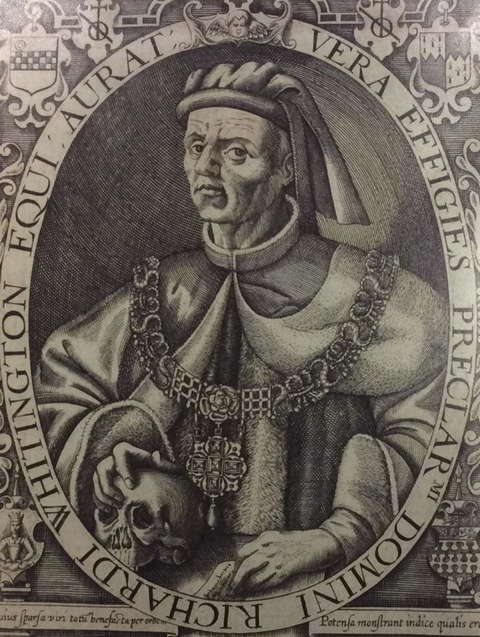
Richard also became an important money lender to influential people, including the king, Richard II, who helped him build a political career. Richard Whittington believed that lending or investing money which brought some interest was a better business decision than spending it on buying estates.
He was already a councilman of the City of London when the king seized the London properties due to misgovernment and next year became appointed Sheriff of London. In 1397 after the death of London's Mayor, the king appointed Whittington to his position which he used to buy back liberties for the city. In the same year, grateful voters elected him for the position of Mayor.
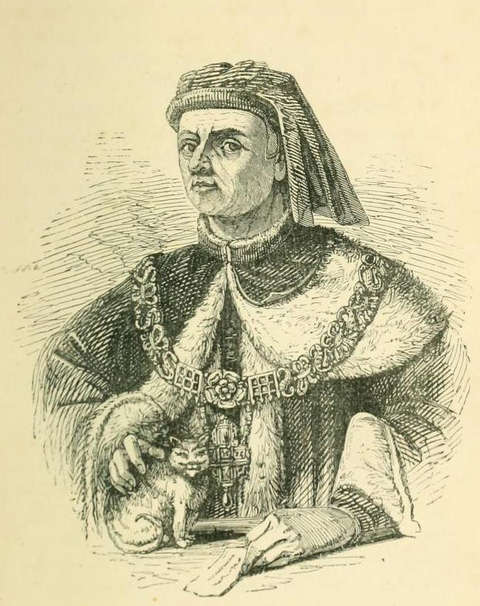
It seems, even the replacement of the king, his mighty ally, didn't bother Whittington at all. The next king, Henry IV, was already Richard's long-time customer. The same is true for his son, the next king, Henry V.
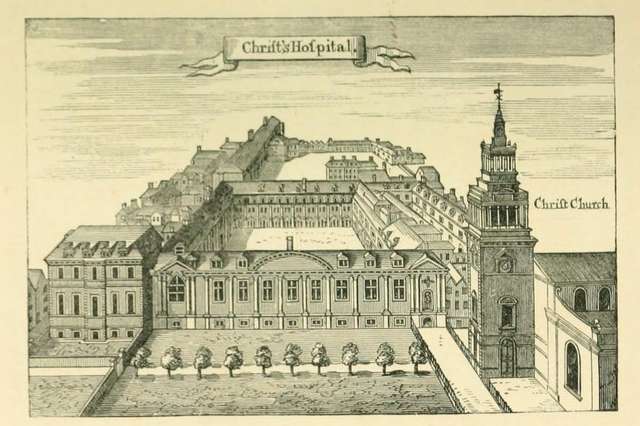
Richard Whittington continued climbing the social ladder. He was Mayor of London four times altogether, he represented merchants as mayor of The Staple of Calais, he became a Member of Parliament (like his father and his two brothers) for the City of London, served on Royal Commissions, like supervision at the completion of Westminster Abbey, served as a judge at usury trials, collected revenues and import duties, etc.
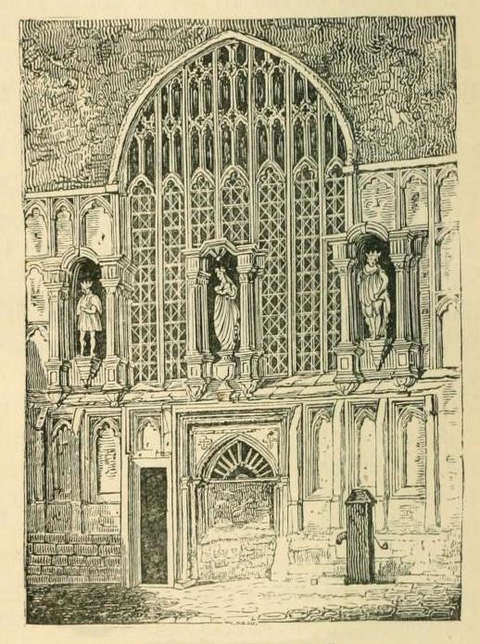
He was already 48 years old when he married Alice Fitzwaryn, who was more than two decades younger. Her father was Sir Ivo Fitzwaryn, another Member of Parliament. The marriage didn't produce any children, so after Alice's (1411) and Richard's death (1423) huge fortune was spent according to his will.
Richard Whittington donated huge amounts of money to different projects, mostly to the city. With his money a ward for unmarried mothers at St. Thomas's Hospital was established, Greyfriars Library financed, St. Michael Paternoster Royal Church rebuilt, public toilets in the city expanded and improved, drainage of Billingsgate and Cripplegate financed, St. Bartholomew's Hospital repaired, several public drinking fountains installed, Newgate Prison rebuilt, Guildhall library established,...
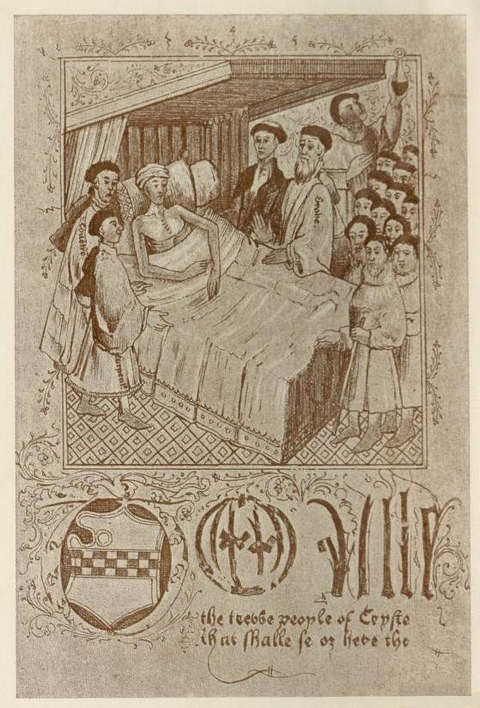
Whittington also prohibited washing animal skins in the Thames because many apprentices died of hypothermia or drowned. All in all, Dick Whittington was, according to available documents, a very industrious and positive character in history. While the folktale doesn't completely follow the truth, the message about a boy who made the best of his possibilities stays true to reality and sends optimism to millions who might find themselves in similar positions.